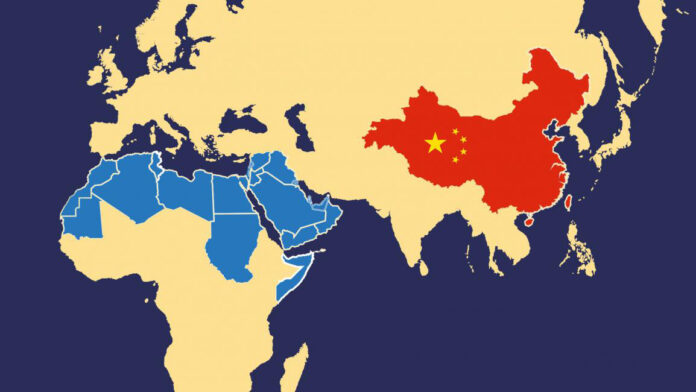Some Arab countries are increasingly betting on the rise of China, as this rise creates dynamics that in turn lead to the shift of power from the West to the East. This bet is based mainly on the theory that China is the rising anti-Western Atlantic force led by the United States as a dominant power. This article shows that this bet is nothing more than a rhetorical dispute that is pointless if we look at the impact of this rise on the basic dynamics of the capitalist world economy, which subordinate existence to unbridled market capitalism, so that society becomes in the service of the economy and its subordinate (Karl Polanyi, The Great Transformation, 2009). This bet comes in the context of boring procrastination between these countries and the United States, as it nominally threatens to head towards China with its heart connected physically in the United States.
What we need is a different interpretation of the Chinese rise without linking it only to the variable of the conflict with the United States, and of course without underestimating this conflict. And then away from the saying “power shift” and its transfer from the western center of the international system to the eastern center, because in both cases, if we talk about the rise of China and its transformation from a latent power to a dominant power, or with the United States remaining as a dominant power in the international situation, we are talking about the same problem in both cases. By that, I mean the same repetition of the concept of the international system in the transformation of absolute power into an international political system. Here China, like the United States, is nothing but an expression of this concept of absolute power. China here transforms the concept of power into renewed, not altered, political, economic, and food expressions. We are moving from an international system led by the United States to an international system led by China and the rest of the countries represent its political and economic expressions.













